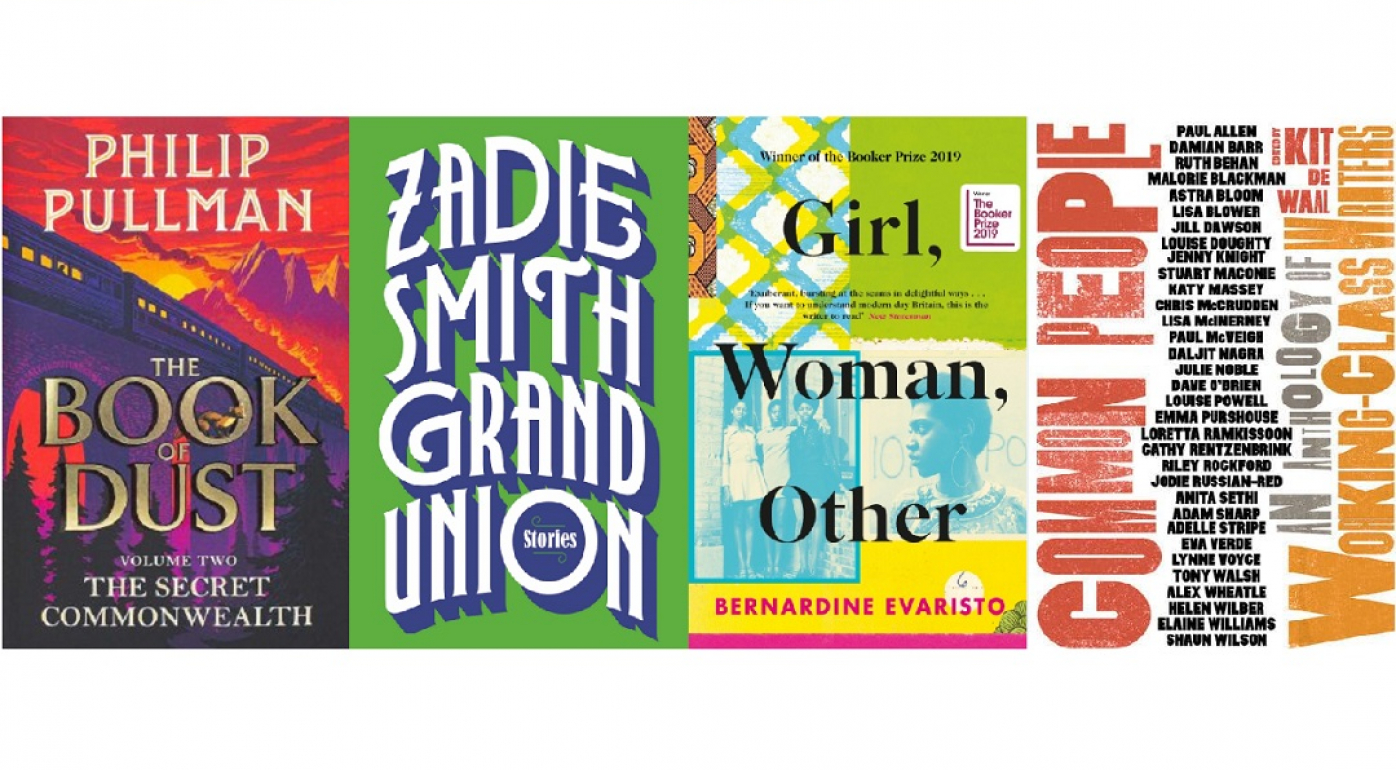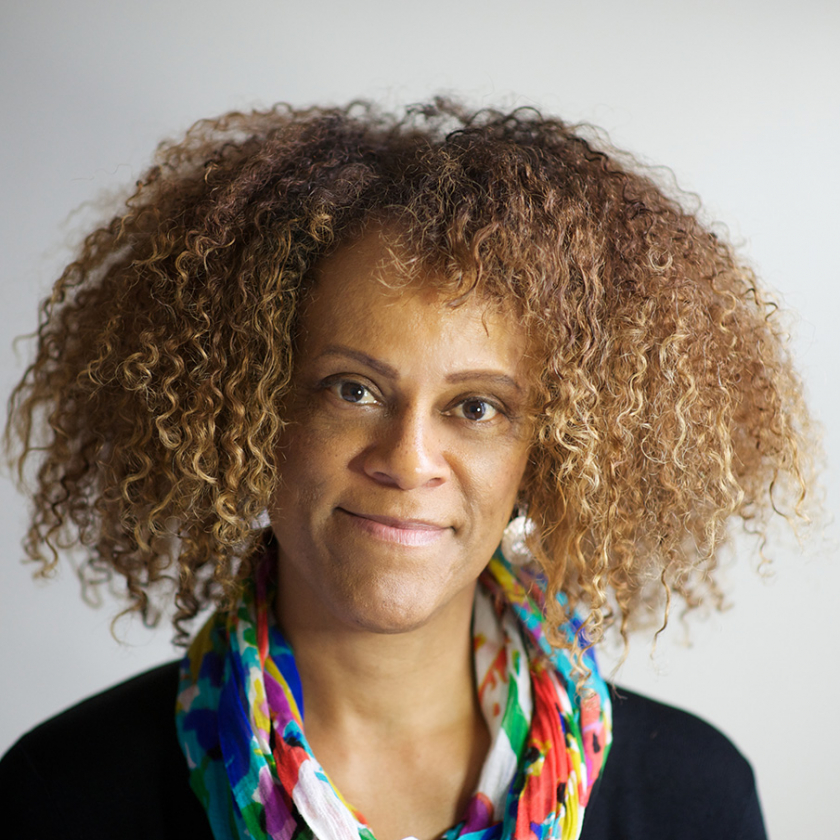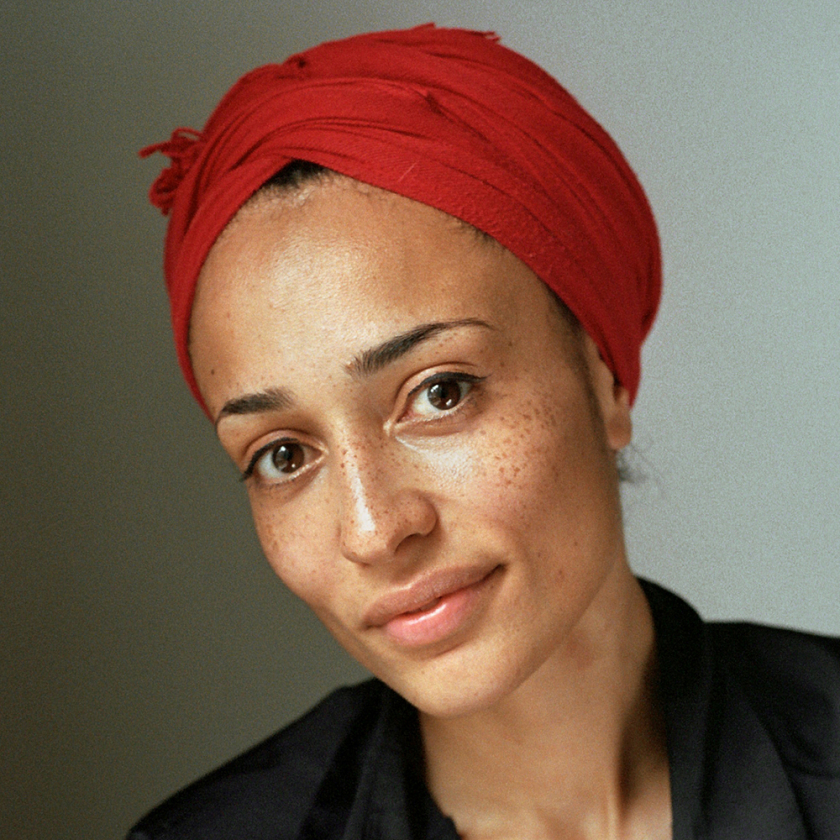Girl, Woman, Other by Bernardine Evaristo
Since studying Lara as a student, I have been a fan of Bernardine Evaristo’s work, and am delighted to see her win the Booker Prize this year. Girl, Woman, Other follows the lives of twelve black characters with different backgrounds and experiences, most of whom identify as female, living in London. I’ve enjoyed getting to know them through my reading and seeing how their lives are linked or overlap in different ways. What I found particularly interesting about this book is how each character responds in their own way to the universal questions of self and identity, particularly the tensions between personal, public and political gender discourse and the effect it has on the relationships the characters have with others. This feels like a very important book, and a must-read if you’re interested in what’s happening in UK fiction today.
Rachel Stevens, Director Literature
Common People - An Anthology of Working-class Writers (ed Kit de Waal).
An exceptional collection of essays, poems, memoir and short stories celebrating working-class life, culture and literature. There are many highlights, but I especially recommend Lisa McInnery’s essay ‘Working Class: An Escape Manual’, which considers how working-class writers and artists are co-opted into other identities when they achieve success. Debut author Adam Sharp’s ‘Play’, a memoir of his relationship with a substance-addicted father, is poignant and deftly handled - he’s a writer to watch out for in future. Stuart Maconie’s essay ‘Little Boxes’ reflects on his upbringing on a Wigan council estate, and is as perceptive and funny as you’d expect. On the power of the working class in the seventies: “Posh men in blue suits, clipped of voice, plump of lip, would tell me nightly on the news that we were ‘holding the country to ransom’, we recalcitrant, treacherous workers. If so, it was ransom money that paid for my school blazer and Vesta Chow Mein and football boots, and so it seemed entirely reasonable to me, then and now.”
Jim Hinks, Senior Programme Manager
Grand Union by Zadie Smith
Grand Union is Zadie Smith’s first collection of short stories. Or, in more precise terms, it’s a selection of traditional short stories – characters! narrative development! dialogue! – interspersed with, and sometimes offset by, exercises in style and autofiction. In ‘Mood’, an ex-punk and a struggling student are presented and re-presented in different contexts; ‘Parents’ Morning Epiphany’ is a comic response to a schoolchild’s creative writing worksheet; ‘Blocked’ is a short confessional monologue from a nameless, almost identity-less, figure, told after their relationship with their own creativity changes. It’s these fragments and riffs that I’ve ended up enjoying the most: while I love the characters and personal dramas in Smith’s more straightforward stories, the feeling of liberation when these take second place to voice, theory, or structural device makes for a hugely enjoyable reading experience.
Swithun Cooper, Literature Research Manager
The Secret Commonwealth by Philip Pullman
I’m reading The Secret Commonwealth, the second volume in the Book of Dust series by Philip Pullman, after I raced to the bookshop as soon as I could to get my hands on it. It’s brilliant so far, a recognisable return to the world of His Dark Materials, but different enough to be satisfying, with new questions and new thoughts to have about the wider universe. At the early stage I’m at I’m mostly wondering what Pullman is up to, but it’s a good feeling to have. It’s so nice to be back in Lyra’s head, seeing how she’s different as a young woman but also the same as the 12-year-old girl who casually went to the land of the dead in the last trilogy. My only complaint is that it’s a beautiful book which means I have to read it at home with clean hands, no taking it on the Tube for me.
Harriet Williams, Literature Programme Manager



